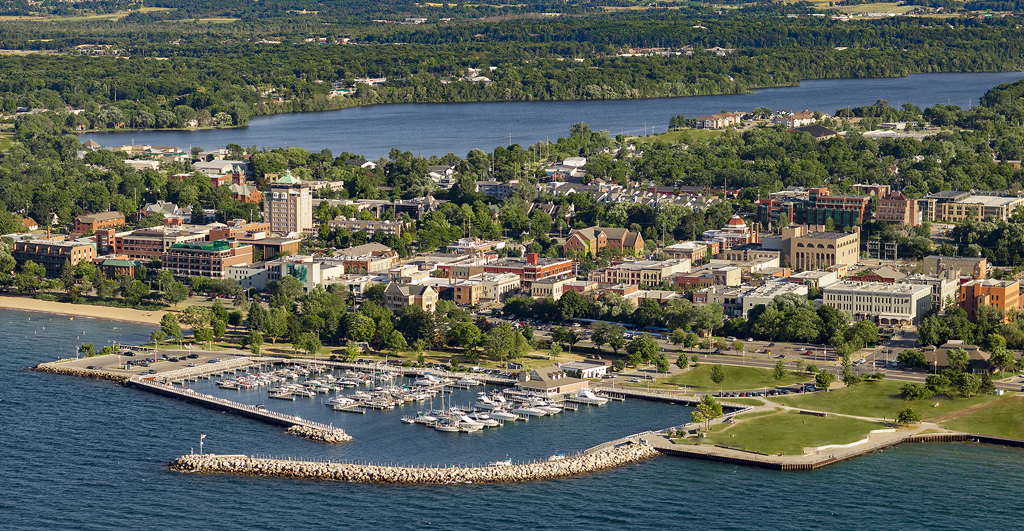
New fiber services strengthen business and community
Why rural investment matters
To live, work, and play in the modern world, you need high-speed fiber broadband internet. However, there are many people, particularly those who live in rural areas, who don’t have access to reliable, affordable broadband service. In recent years, it’s become more important than ever to be connected. A study by Capgemini found that less than half (48%) of people felt their connectivity services met their needs. The new reality is that the internet is an essential service, alongside electricity and water. With federal grant money available for rural broadband initiatives, now is the time for municipal utilities and electric co-operatives to decide if they should become a broadband internet service provider.
How TCL&P delivered new fiber broadband services
Recently, I participated in the Broadband Communities ‘Broadband Ripple’ podcast with Scott Menhart, Chief Information Technology Officer for Traverse City Light & Power (TCL&P), and Broadband Communities Editor-in-Chief Sean Buckley. In this podcast, we discussed how to address some of the challenges inherent in building out service-ready fiber infrastructure to support their new line of business as a broadband internet service provider (ISP). We also reviewed some of the opportunities that TCL&P has been able to capitalize with their new TCLPfiber service.
How rural broadband benefits the whole community
In Michigan, Traverse City Light & Power initially built fiber infrastructure and data networking capabilities to support their electric grid operations. However, they quickly realized how much value a fiber-to-the-premise (FTTP) broadband initiative could benefit their entire community. The fiber-first approach created a network with impressive speed and quality, so residents have the bandwidth for working and learning at home, while small businesses get the affordable internet service they need to keep operating costs low. The FTTP effort helped to close the digital divide, but it’s also an economic catalyst to attract new business and speed growth for existing businesses. The fiber infrastructure has allowed Traverse City to explore smart city services, including infrastructure to improve traffic lights, better communication between city departments, and a secure network for the police and security cameras. The improvement in network services was so great that many people and businesses moved specifically to get TCLPfiber.
Building the best utility business model for the future
It’s clear that municipal utilities and electric cooperatives are in a unique position to build a rural broadband business. These organizations possess a unique knowledge of the local government’s processes and requirements; they already have existing easements, rights of way and assets to leverage, plus proven customer service processes and infrastructure, and strong relationships within the community.
How to bring broadband to rural areas
If you’re interested in launching a broadband business, look at federal funding through the US Department of Agriculture’s ReConnect Loan and Grant Program or NTIA’s Broadband Equity, Access and Deployment (BEAD) Program. At Fujitsu, we have experience helping municipalities and utilities develop a turnkey broadband network, which includes creating a plan to sway key stakeholders by highlighting the specific needs of your community. In addition to TCL&P, we’re partnered with many municipalities and utilities to deploy turnkey rural broadband networks, including an FTTP network with Craig-Botetourt Rural Electric Cooperative (CBEC) across the Virginia Commonwealth.
Learn more about creating a broadband business that benefits your community.
And listen to the full podcast here.